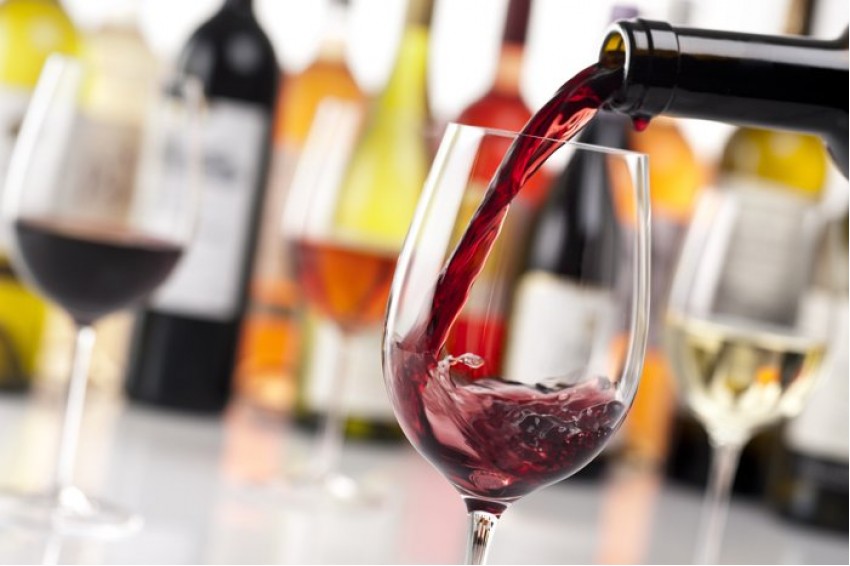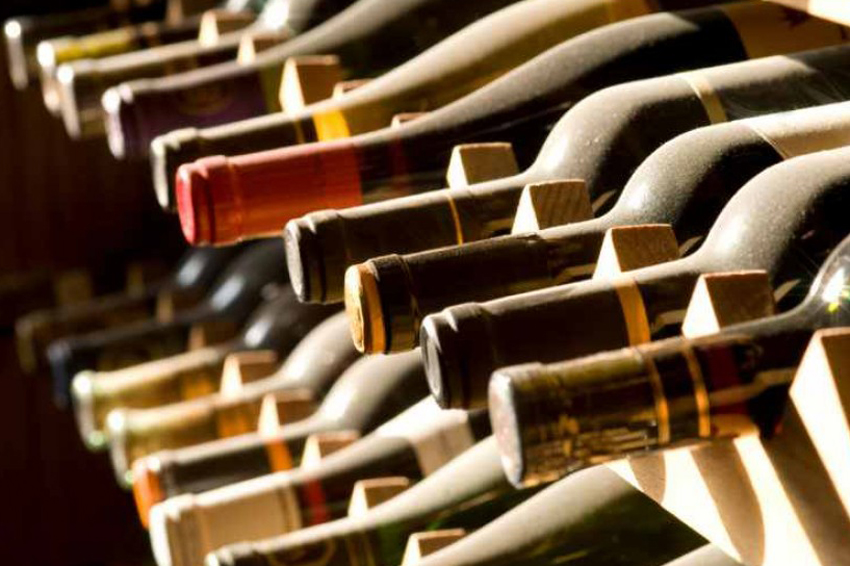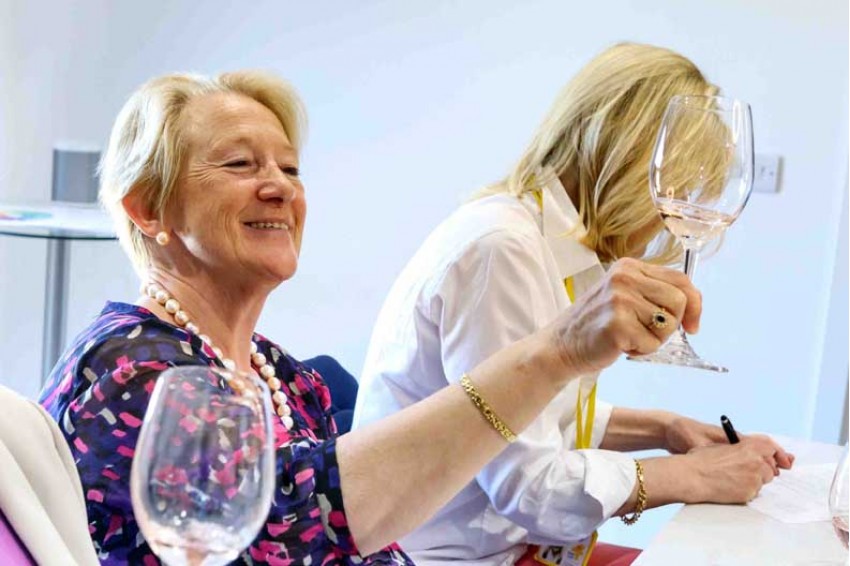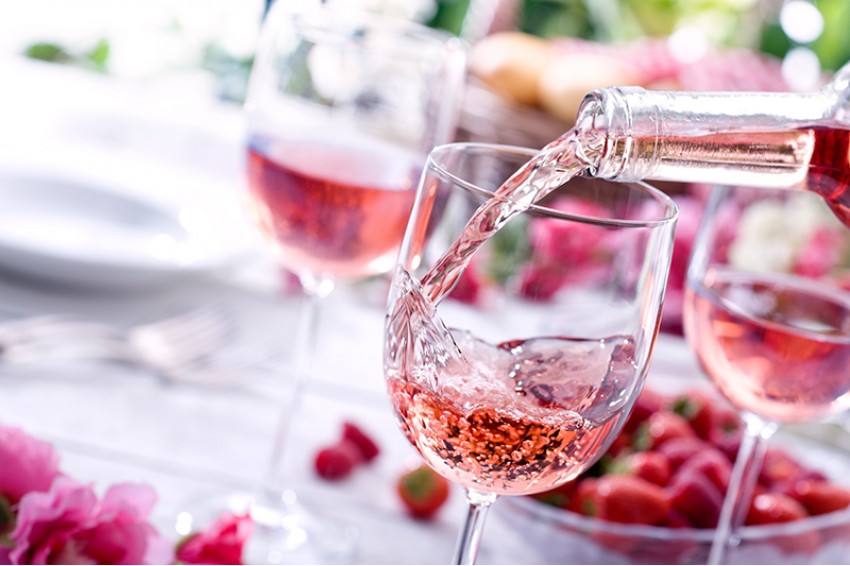When it comes to shelf life, wine holds a degree of relative uncertainty for many everyday drinkers. In a world where even salt has a sell-by date, lack of instruction means deciding when a bottle of wine is past its best can be tricky. If there is a preconception, it is probably that to some extent at least, wine (especially red), benefits from ageing. This is the notion that leads people to keep 'special' bottles of wine hidden from view behind the fridge or under the stairs, waiting for their investment of patience to pay off.
The fact is that the vast majority of wines are best drunk near the date (within 2-3 years) of their release. Any wine that relies on fresh fruit flavours such as your favourite everyday Sauvignon Blanc or Merlot will not benefit from ageing. This is not an indication that the wine is bad or not well made, these fruit characters are what gives the wine its appeal and upon release everything that the winemaker intended to be there is already present. Over time, these fruit flavours will begin to disappear leading to a lack of flavour and sometime a stale character in the wine, this may be particularly evident in rosé wine which most people prefer to drink within 18 months. White wines become darker and red wines develop a brown tinge in what is known as 'oxidation'. In extreme cases acetic acid bacteria will turn wine to vinegar!
Some wines that are readily available will stand up to a few more years in the bottle but are not meant for long term ageing. However, it is true that bottle ageing is important for a very small percentage of the world's wines, so called 'Fine Wines' including vintage Port, classed growth Bordeaux and some (but not all) white Burgundy wines. Fine Wines have certain traits that allow them to survive in the bottle including structure, tannin, acid and alcohol, along with great concentration of fruit. Over time, subtle evolution sees the early fruit flavours develop, giving the drinker a taste of new characters that are more savoury (e.g. nuts or coffee in white wines and leather and game in reds) which they may find attractive.
Any ageing that occurs should be carried out in a cool, dark environment with minimal fluctuations in temperature and humidity. This allows the slow process of maturation in fine wines to proceed regularly and evenly. Excessive heat fluctuations or dry conditions can cause oxidation and loss of quality in the wine.
If you have some wine that you are unsure how long to keep, why not give us a call at the office. Bon Coeur regularly advise clients on cellar management to make sure that you have wine available to drink when you need it and don't miss your wines at their peak.






